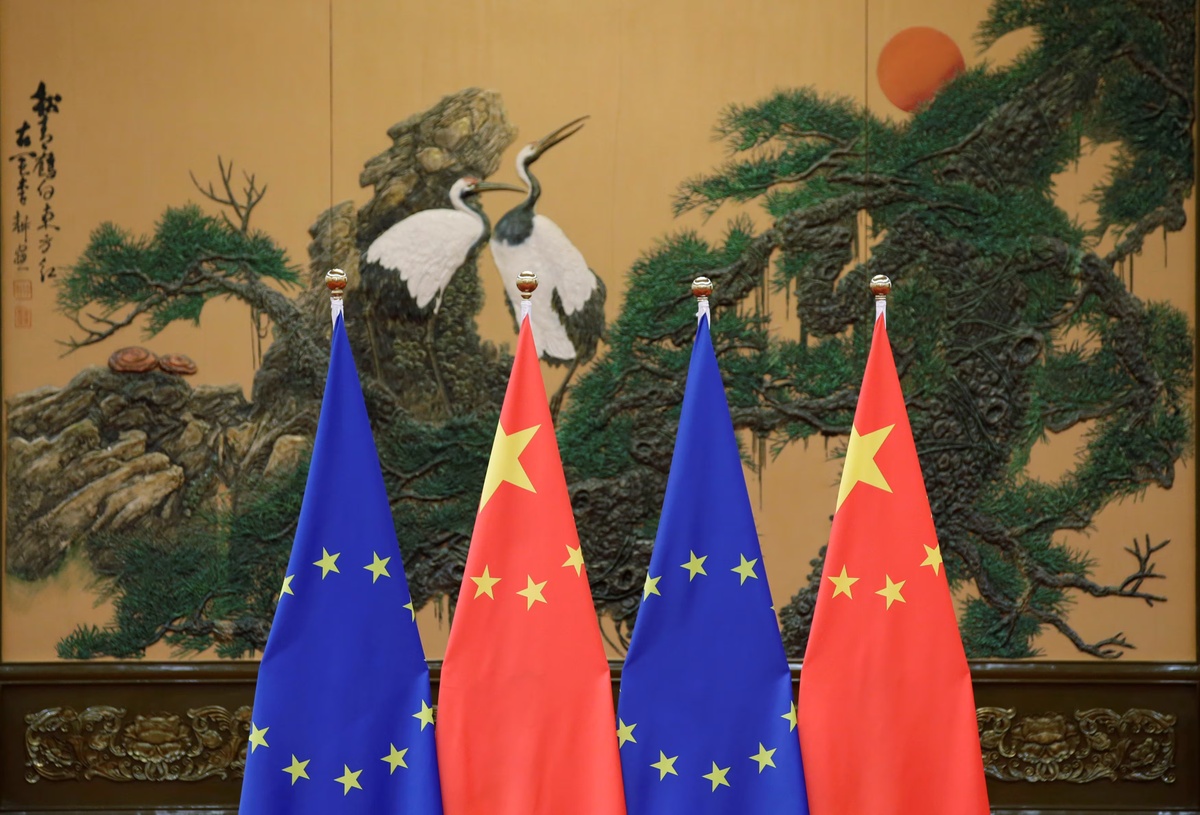Physical Address
304 North Cardinal St.
Dorchester Center, MA 02124
Physical Address
304 North Cardinal St.
Dorchester Center, MA 02124

On May 6, 2025, Chinese President Xi Jinping met with top European Union leaders in Beijing to mark the 50th anniversary of diplomatic relations—and to make a strategic appeal: deepen the China-EU strategic partnership and jointly resist what he called “unilateral bullying.”
While Xi didn’t name the U.S. directly, the message was clear. His comments come just weeks after President Trump imposed a 145% tariff on Chinese goods, a move that sparked retaliation from Beijing and renewed global trade tensions.

This wasn’t just a ceremonial visit. It was a calculated moment for China to reaffirm its alignment with Europe—positioning the EU as a potential counterweight to U.S. trade aggression.
Xi emphasized openness, mutual respect, and a shared commitment to multilateralism. He urged both sides to handle their differences constructively and maintain a stable global order built on rules—not dominance.
European leaders acknowledged the significance of the milestone but treaded carefully. While they echoed support for global cooperation and dialogue, they avoided explicitly siding with Beijing in its trade war with Washington.
Still, the willingness to meet at the highest level signals that the China-EU strategic partnership remains a priority for both sides—especially as global economic alliances shift.
The talks took place under the shadow of a deepening U.S.-China trade conflict.
Trump’s tariffs have disrupted supply chains and added new urgency to China’s push for alternative trade alliances. The EU, facing its own trade deficit with China, is weighing how to engage economically without being pulled into geopolitical crossfire.
That balancing act may define the next phase of the China-EU strategic partnership.

Xi’s remarks weren’t just symbolic. They form part of a broader Chinese strategy to insulate itself from U.S. economic pressure—by bolstering ties with Europe, Southeast Asia, and the Global South.
By meeting directly with EU leaders and calling for shared resistance to “unilateral bullying,” Xi is asking Europe to act more independently from the U.S. on trade, tech, and diplomacy.
China wants a deeper China-EU strategic partnership, and Xi Jinping is now making that case directly. With U.S. tariffs rising, Beijing is looking to Brussels—not just for trade, but for strategic alignment in an increasingly polarized world.
Daily News. No B.S. No Fluff. Just What You Need to Know.